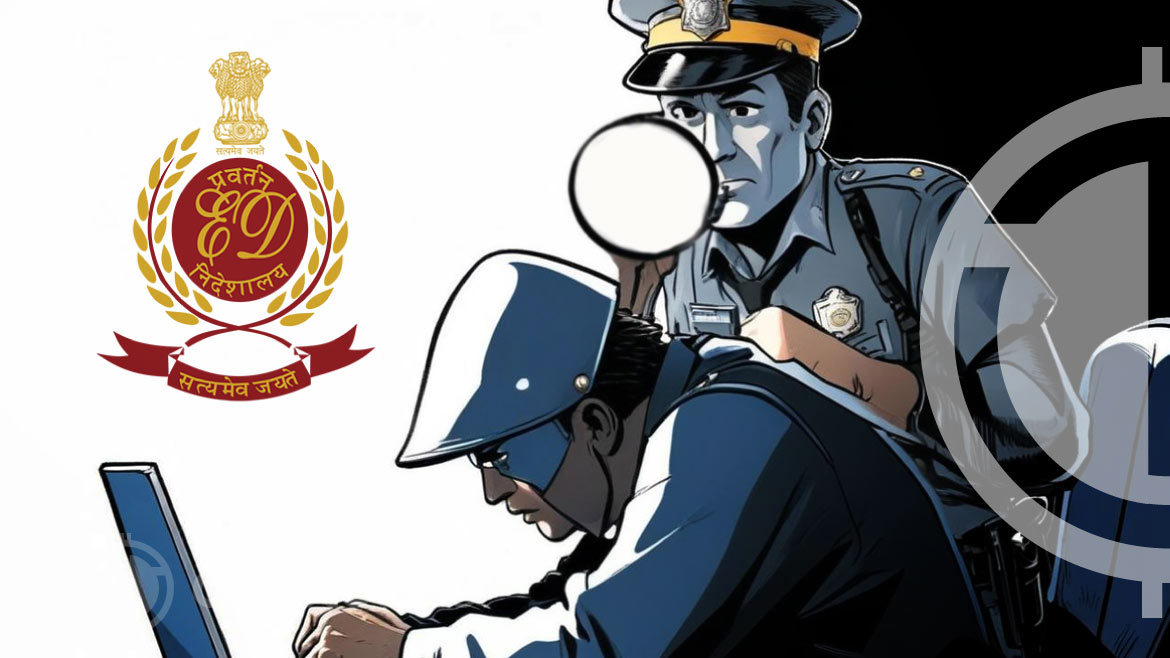- Indian authorities arrested Shailesh Babulal Bhatt for kidnapping two employees of BitConnect creator.
- Investigation revealed Bhatt paid his two accomplices $34 million as a token of their participation.
- Bitconnect creator Satish Kumbhani attracted investors with high returns but abruptly closed the platform.
The Indian Enforcement Directorate (ED) of Ahmedabad arrested Shailesh Babulal Bhatt for allegedly kidnapping two employees of BitConnect, a crypto exchange. A resident of Gujarat, Bhatt held them as hostages and extorted crypto and Indian currency as ransom for their release.
Bhatt invested in BitConnect’s cryptocurrency, BitConnect Coin, in 2017 but later suffered a loss after its creator, Satish Kumbhani, disappeared with their money. In a bid to retrieve his funds, Bhatt kidnapped the employees of Kumbhani, and extorted 2,091 Bitcoins and 11,000 LiteCoin. He also received over $1.7 million (145 million Indian rupees) as a ransom.
Chinese Student Sentenced to 4.5 Years Prison for Cryptocurrency FraudBhatt was arrested earlier this week under India’s Prevention of Money-Laundering Act (PMLA). In an investigation with the ED, Bhatt revealed that he paid his accomplices $34 million for their help, and with the amount, they bought properties, gold, and other assets. The agency disclosed that it recovered properties worth $52 million, and the investigation is still underway.
BitConnect, Kumbhani’s brainchild, attracted high interest from investors during 2017-18, luring them to invest in his schemes. However, in January 2018, Kumbhani abruptly closed the sale and lending platform of BitConnect Coin and disappeared with all the investors’ money.
Based on two First Information Reports (FIR) registered by CID Crime, Surat, the ED initiated a probe on BitConnect and Kumbhani under various IPC sections for cheating the public. BitConnect was initiated in February 2016 but abruptly closed in January 2018. It had connections with a high-interest-yielding investment program called Ponzi. Following the collapse, more than 4K investors lost over $2.4 billion. Later, during investigations, it was alleged that the entire organization was a scam, and it was globally labeled as a “Ponzi scheme.”












